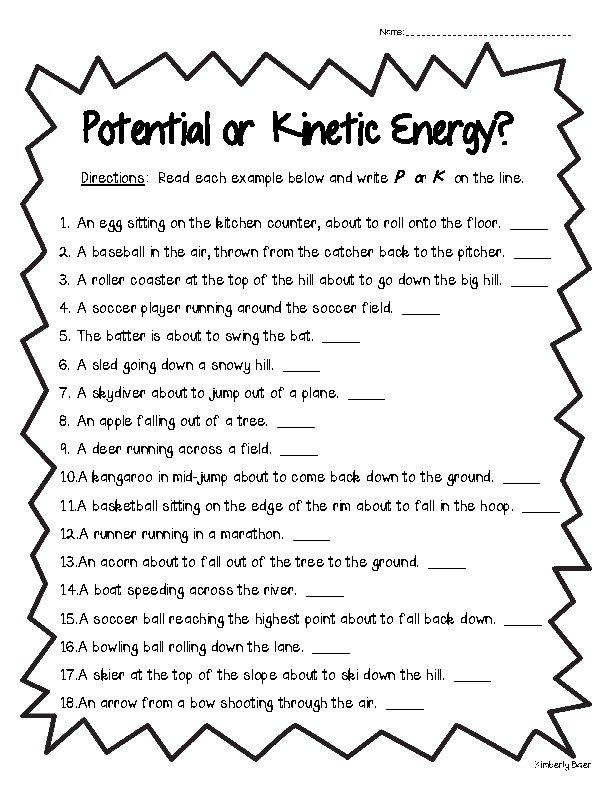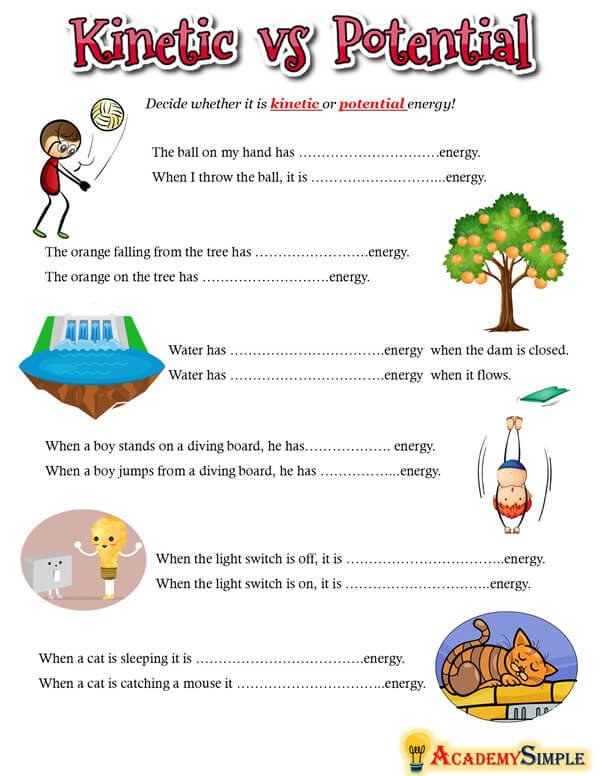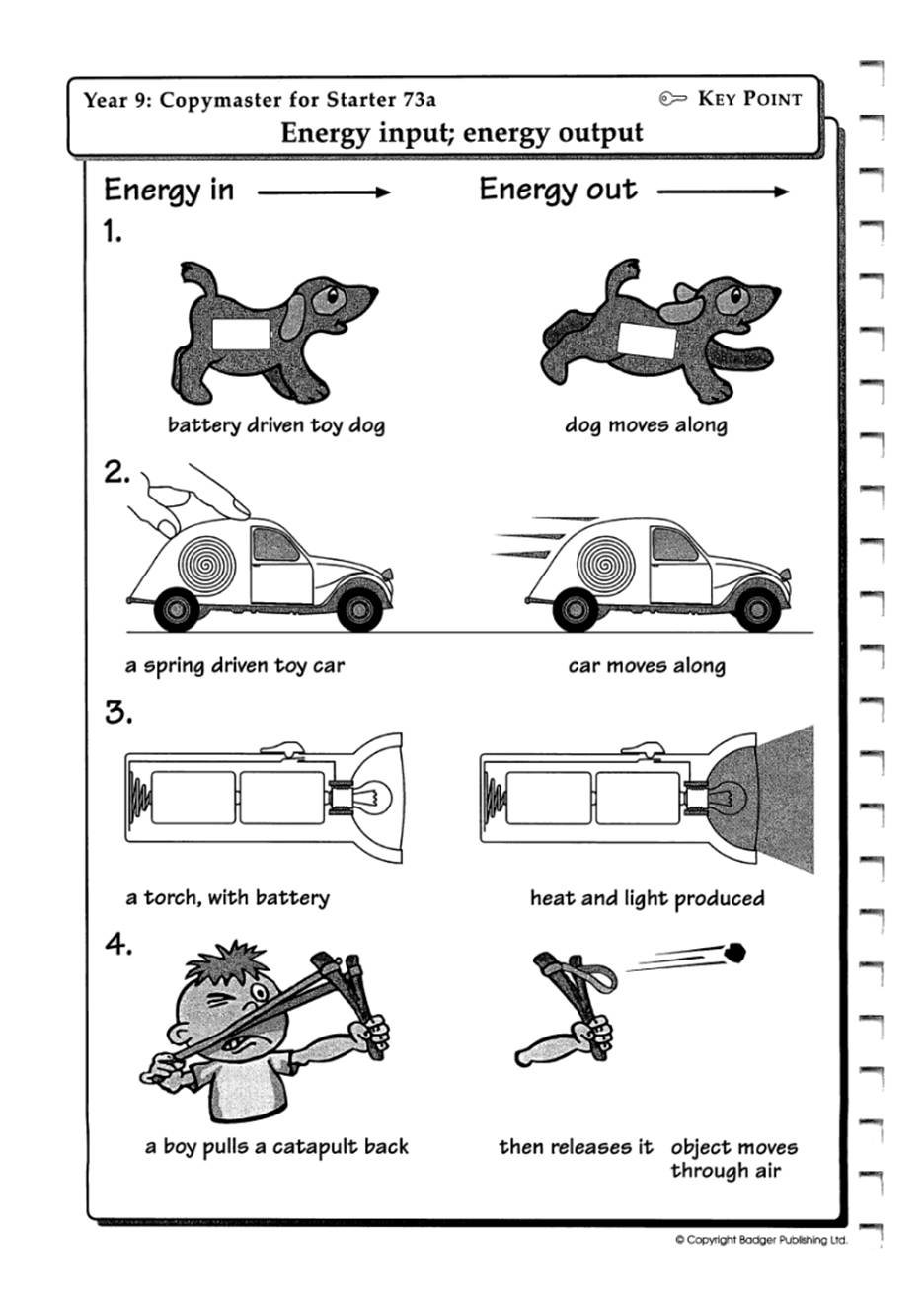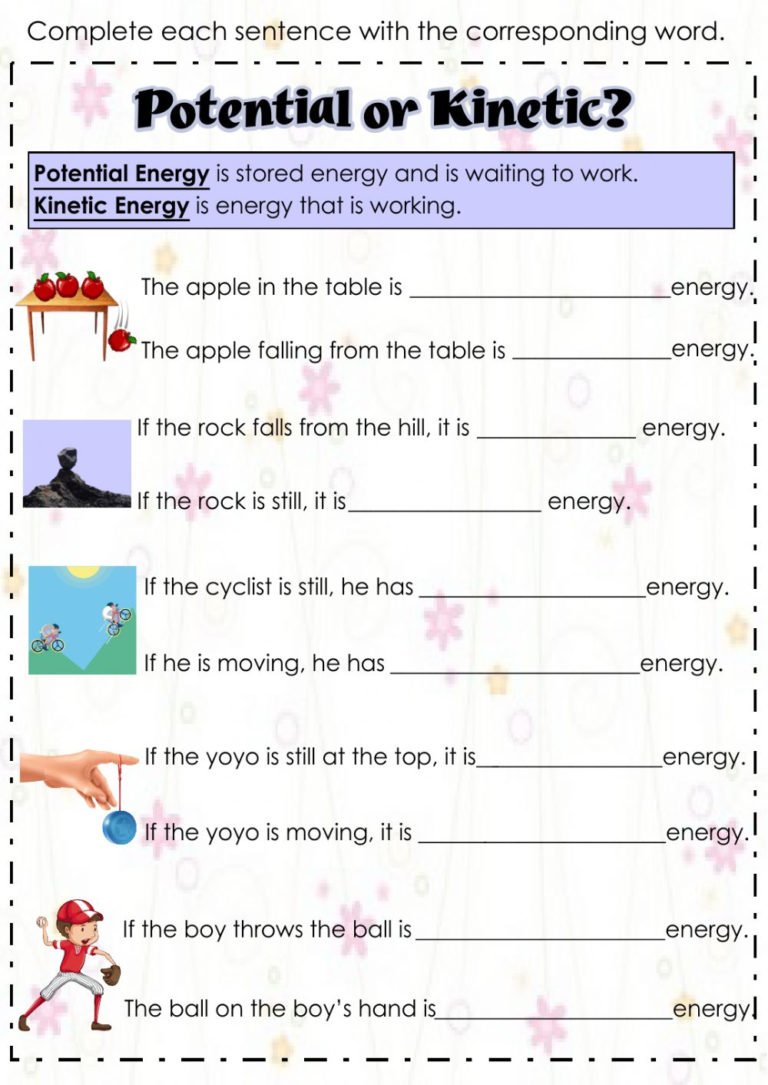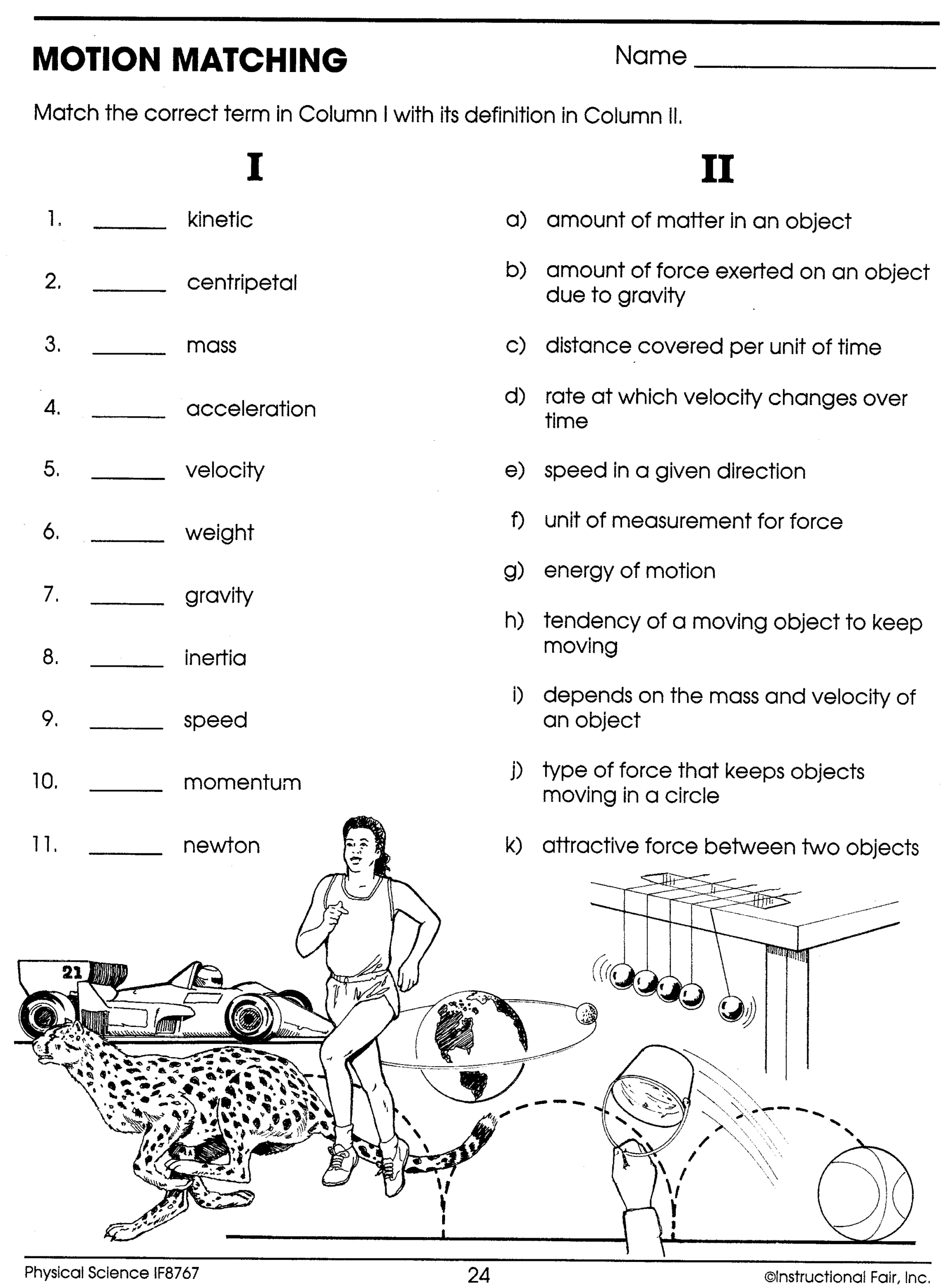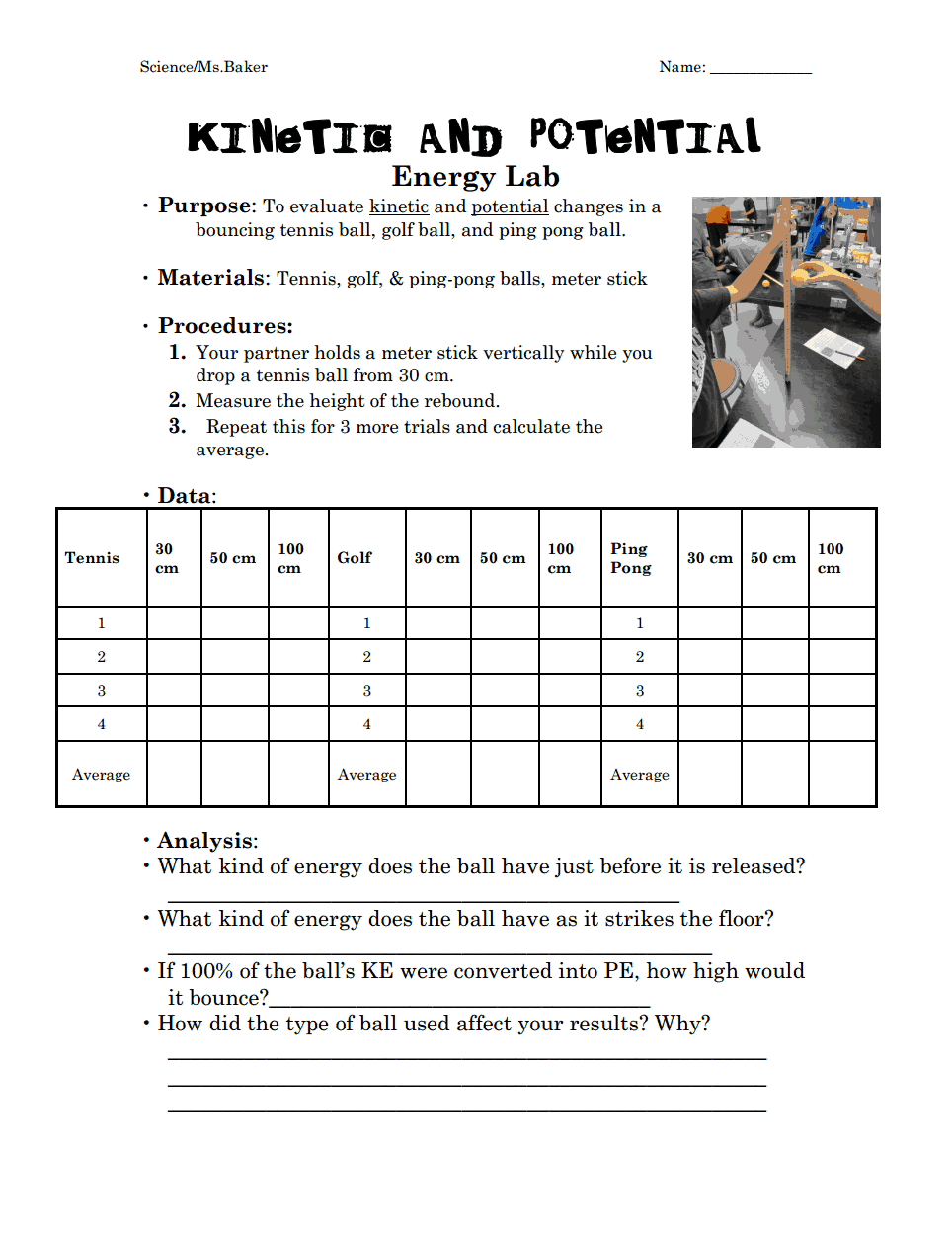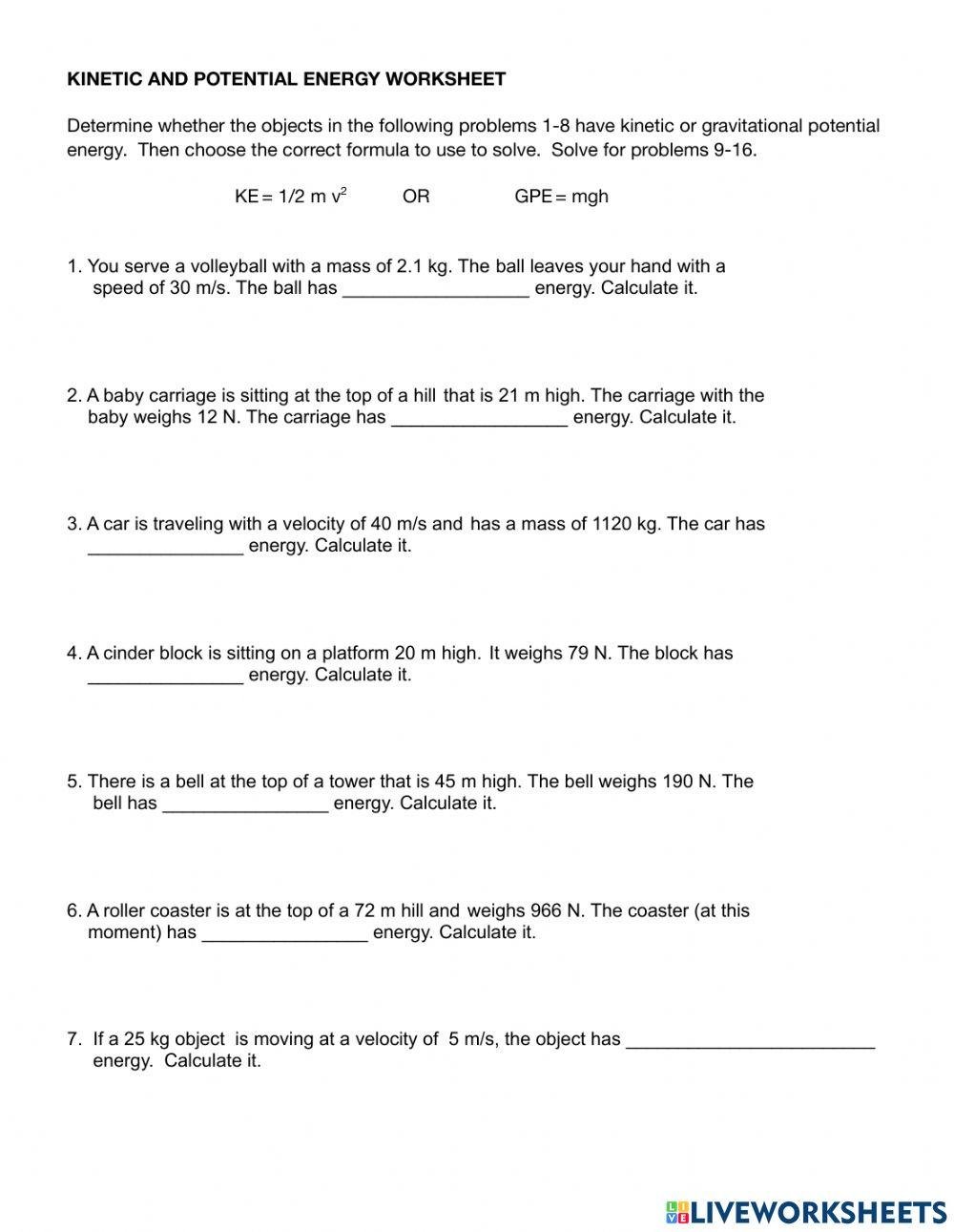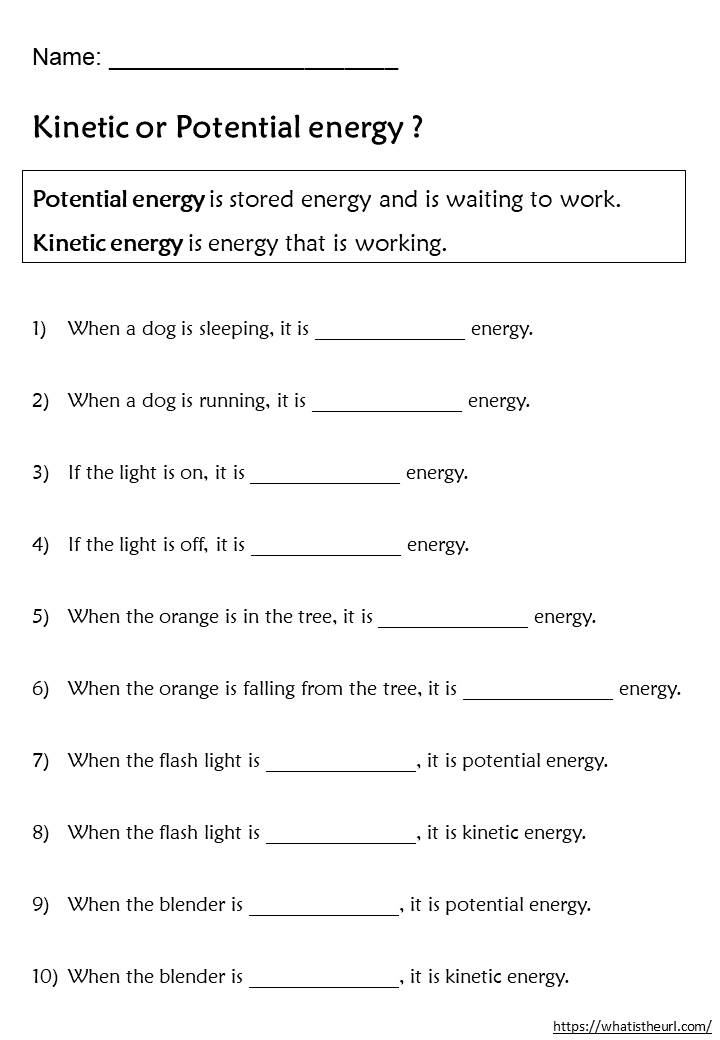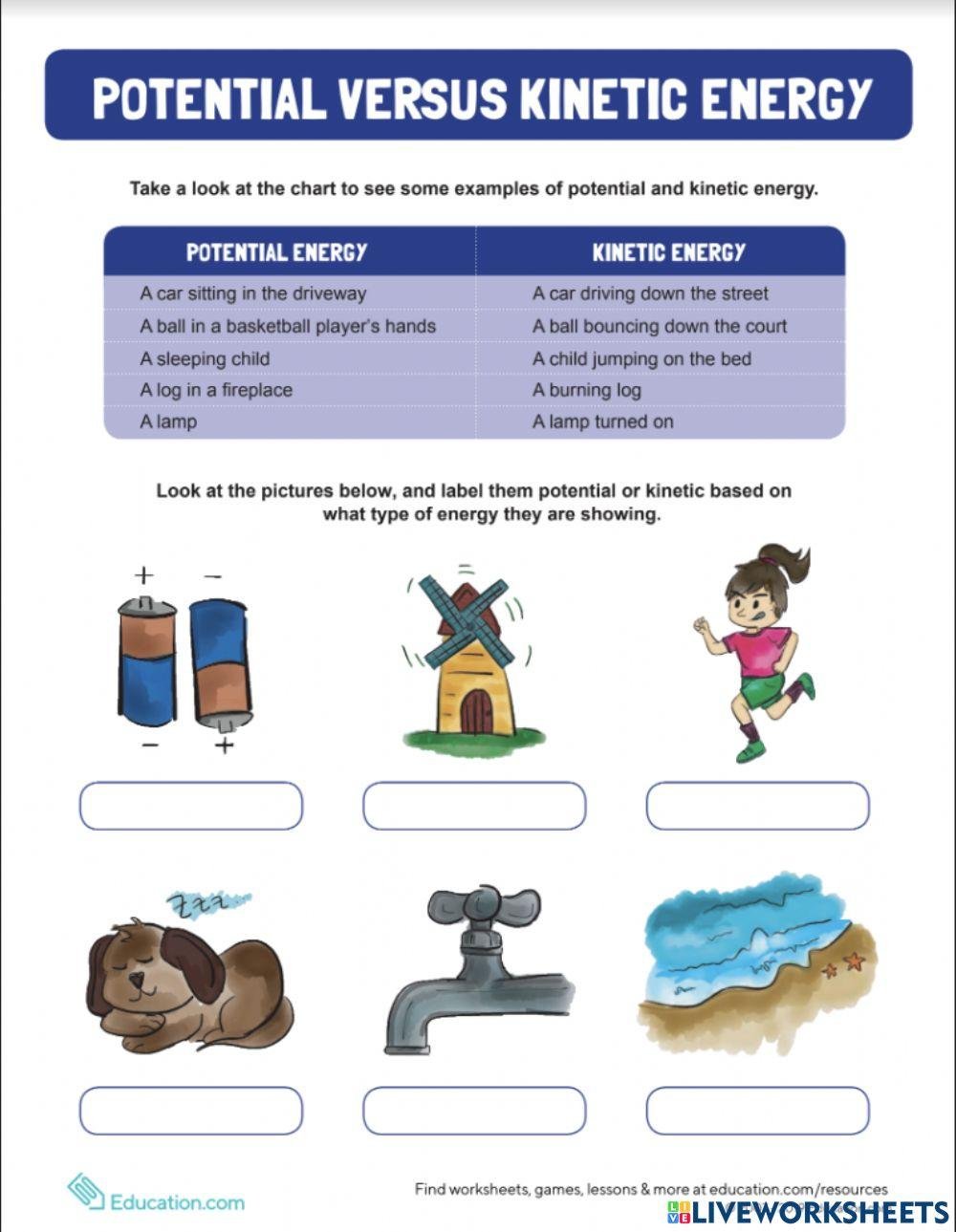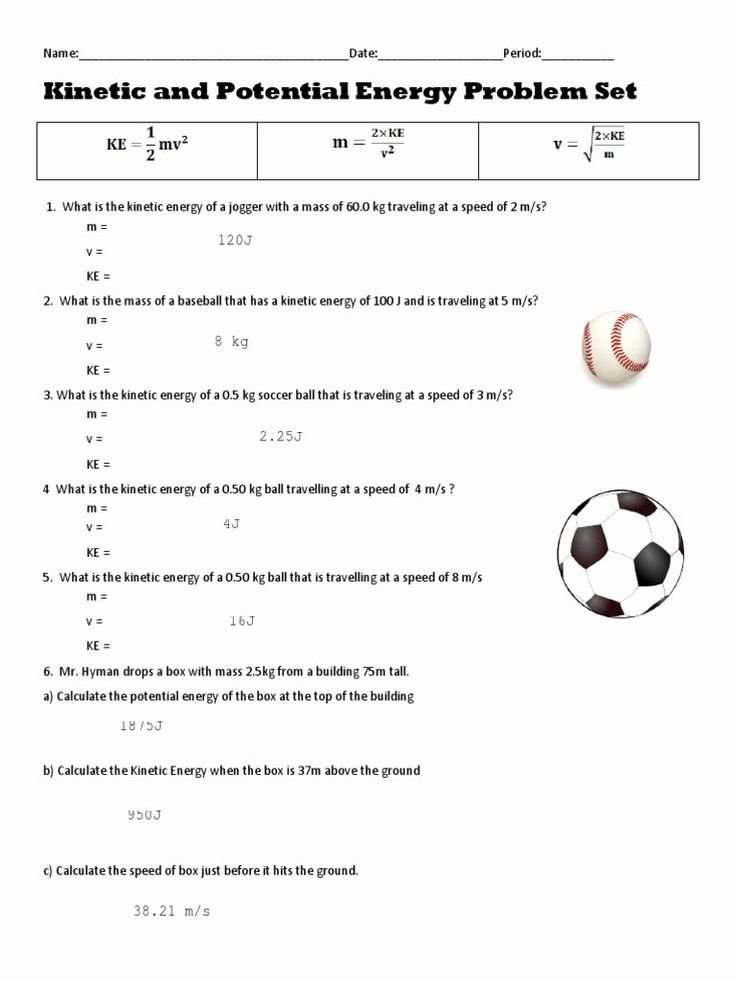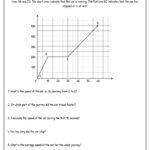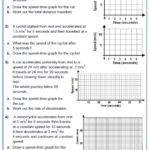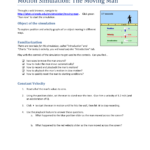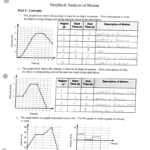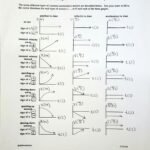Kinetic and Potential Energy Worksheets
What is Kinetic Energy?
Kinetic energy is the energy possessed by an object due to its motion. It is determined by the mass and velocity of the object. The formula to calculate kinetic energy is KE = 1/2 * mass * velocity^2. In simpler terms, it is the energy an object has because it is moving.
What is Potential Energy?
Potential energy is the energy an object possesses due to its position or condition. There are different types of potential energy, such as gravitational potential energy, elastic potential energy, and chemical potential energy. Gravitational potential energy is determined by an object’s height and mass, while elastic potential energy is related to the stretch or compression of an object. Chemical potential energy is stored in chemical bonds and can be released through chemical reactions.
Why are Kinetic and Potential Energy Important?
Understanding kinetic and potential energy is crucial in understanding how energy is transferred and transformed in different systems. These concepts are fundamental in various scientific fields, including physics and engineering. They also play a significant role in everyday life, such as in the functioning of machines, the generation of electricity, and the movement of vehicles.
Using Kinetic and Potential Energy Worksheets
Kinetic and potential energy worksheets are useful tools for teaching and practicing these concepts. They typically include problems and exercises that require students to calculate and compare kinetic and potential energy values. These worksheets often provide real-life examples and scenarios to help students relate the concepts to their surroundings.
Tips for Using Kinetic and Potential Energy Worksheets
1. Read the instructions carefully: Make sure you understand what the question is asking before attempting to solve it.
2. Identify the given information: Determine what values are provided in the problem, such as mass, velocity, height, or other relevant factors.
3. Use the appropriate formulas: Apply the relevant formulas for calculating kinetic or potential energy based on the given information.
4. Pay attention to units: Make sure to use consistent units throughout your calculations to obtain accurate results.
5. Check your answers: Double-check your calculations to ensure accuracy and consider whether your answer makes sense in the given context.
Conclusion
Kinetic and potential energy are essential concepts in understanding the behavior of objects and systems. By using worksheets that focus on these concepts, students can enhance their understanding and problem-solving skills related to energy calculations. Practice and application of these concepts are key to mastering the principles of kinetic and potential energy.
Potential And Kinetic Energy Worksheet Answers
Kinetic Energy Worksheet
Potential And Kinetic Energy Worksheet With Answers
Potential And Kinetic Energy Worksheet
Kinetic And Potential Energy Worksheet Key
Kinetic Energy And Potential Energy Worksheet
Kinetic And Potential Energy Worksheet
Kinetic Or Potential Energy Worksheets
Potential Vs Kinetic Energy Online Exercise For
Worksheet Kinetic And Potential Energy Problems
